Challenges and Benefits of Growing Organic Coffee
Today we visited Finca El Toledo, a shade-grown organic coffee farm in the hills of Atenas, owned by the Calderon family. The farm is an opportunity for students to learn firsthand about a successful model for integrating conservation and agricultural production within a family business. As Gabriel Calderon explains, most of the farmers who decided to go organic in the area did so primarily because of health concerns. They simply did not want to be exposed to pesticides anymore. Obtaining the organic certification is not an easy process, as it involves major changes in the mindset and a 3-year transition period without receiving a price premium. But the real challenge is maintaining the certification in the face of dropping yields, price hikes for coffee, and the devastating outbreak of coffee rust which has affected all Central American countries during the last two years.
What makes an organic family farm a success? The price premium of organic coffee is an incentive, but it is not enough to convince most farmers, as it usually does not even compensate for the decreased yield that comes with organic management. It takes dedication, and as in the case of the Calderon family, also creativity. They roast their own coffee and sell it locally, which represents a substantial addition of value in comparison just exporting dry “green coffee.” The El Toledo farm also receives a growing number of visitors; agro-ecotourism has become an important complementary activity to their traditional way of growing coffee. The family is proud to share their values and sustainable practices with visitors from many parts of the world.
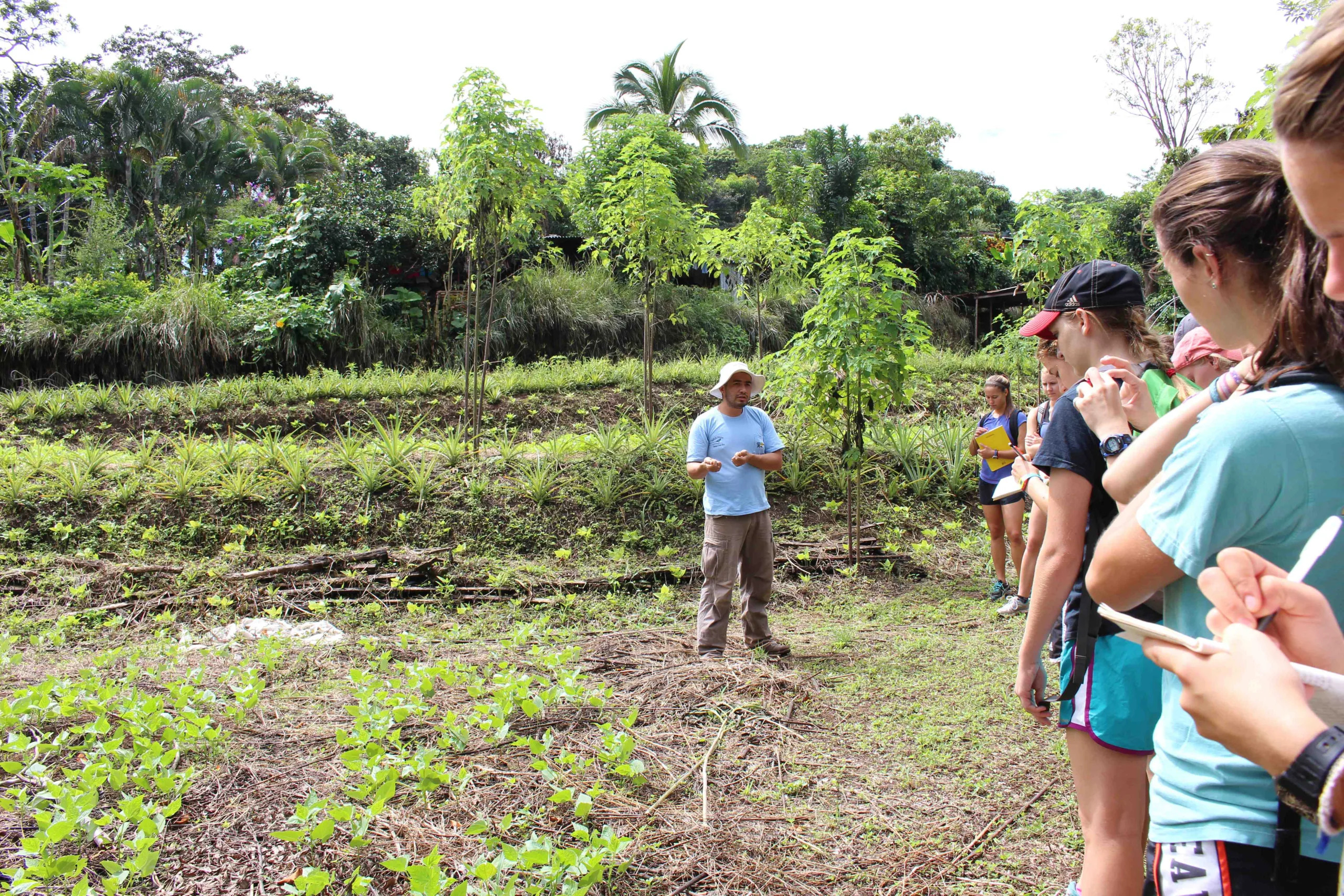
Organic farms, especially in the case of shade grown coffee (so called agroforestry systems) provide a wide range of benefits for society as a whole, as they help to conserve biological diversity in agricultural landscapes, protect watersheds, and mitigate greenhouse gas emissions. Unfortunately these services are not fully valued by the market, although the Costa Rican government does provide a limited amount of incentives through its “Payment for Environmental Services Program.” So, it is mostly the initiative of individual farmers who venture into new ways of thinking and doing business who make a real difference and can teach us how to reconcile the environmental and economic aspects of agriculture.
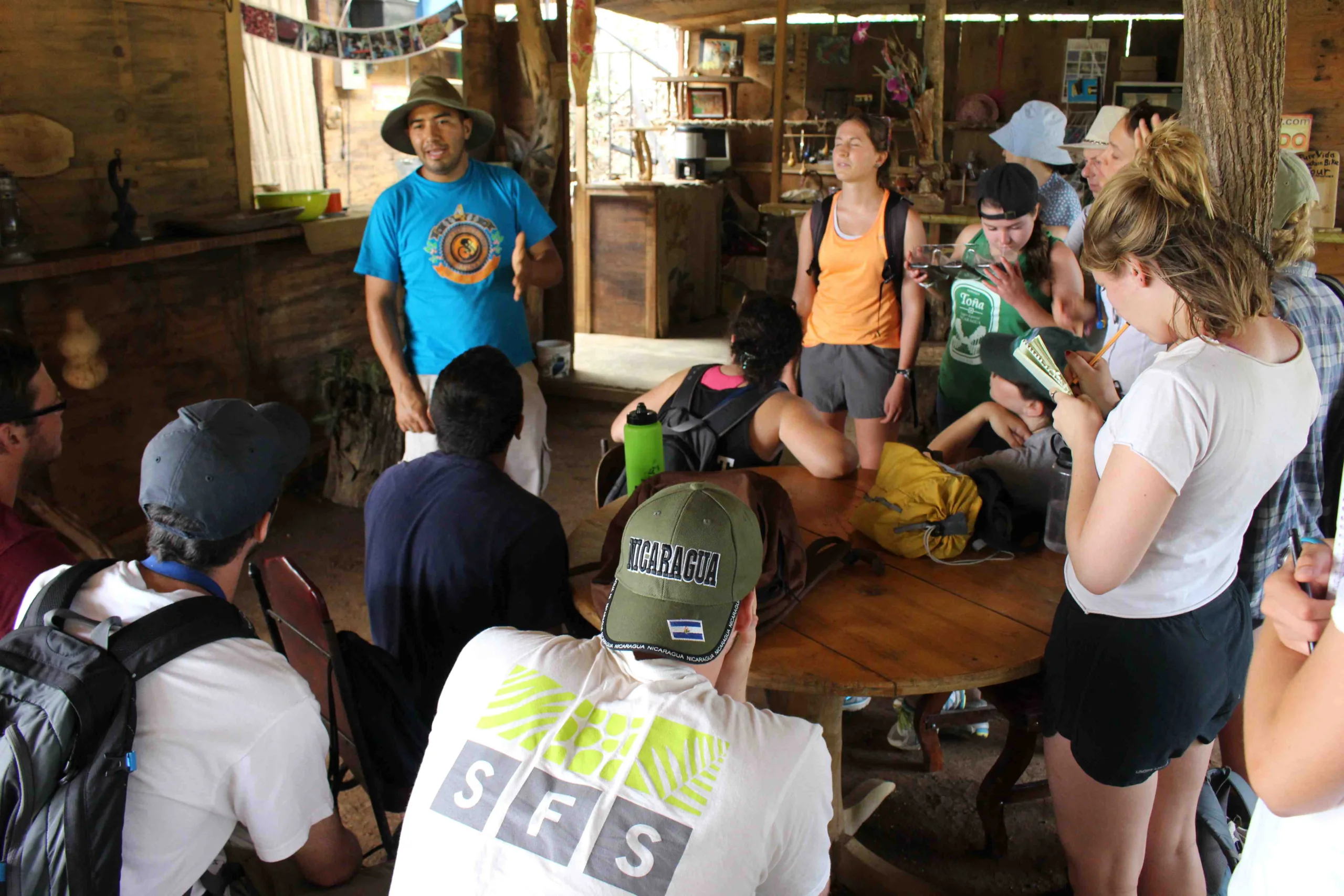
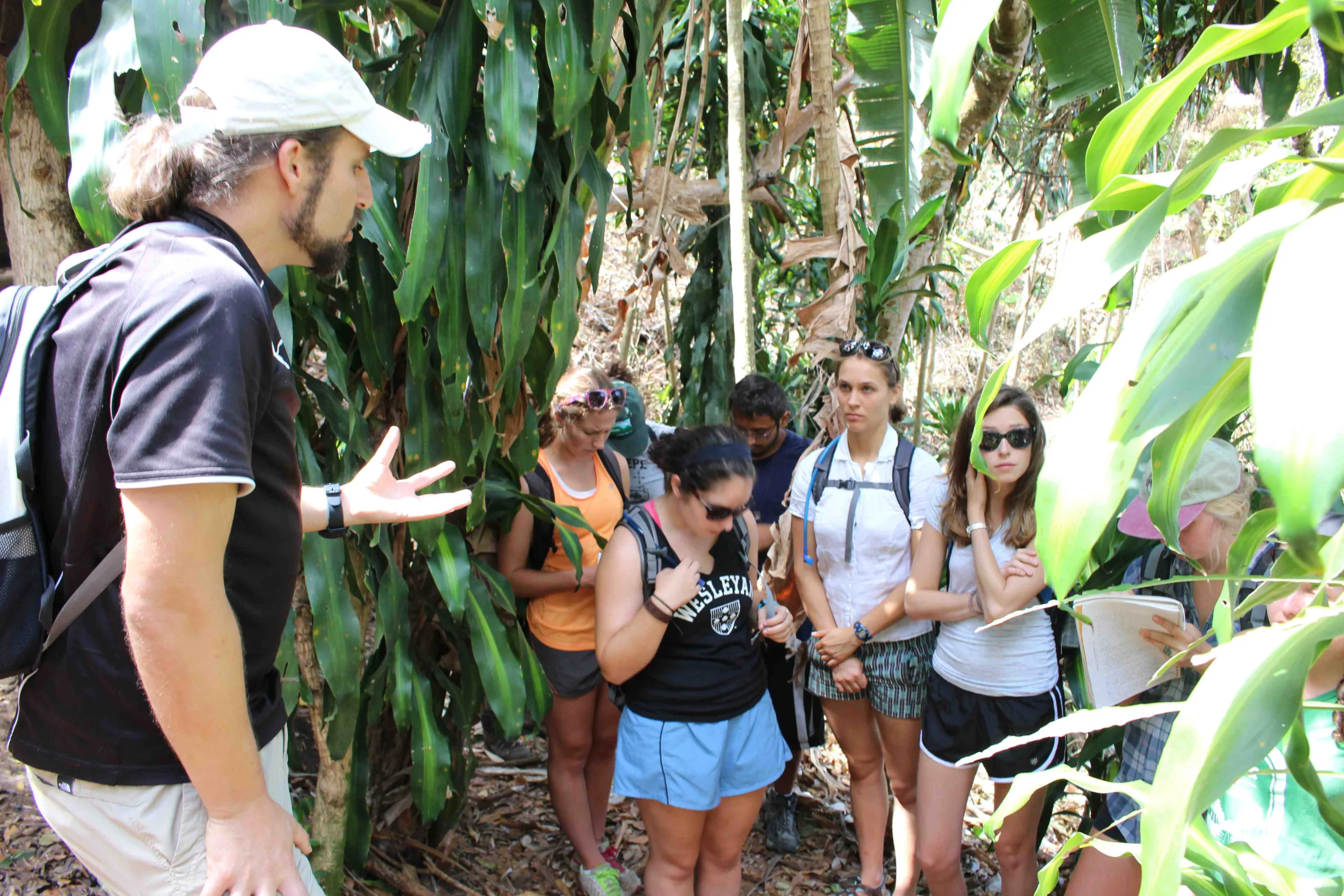
Related Posts
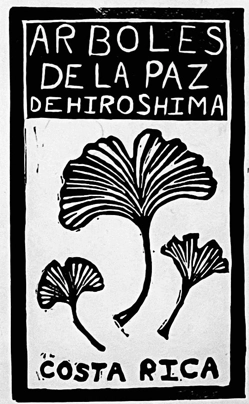
Trees of Peace from Hiroshima: A Time Traveler and Emissary of Hope
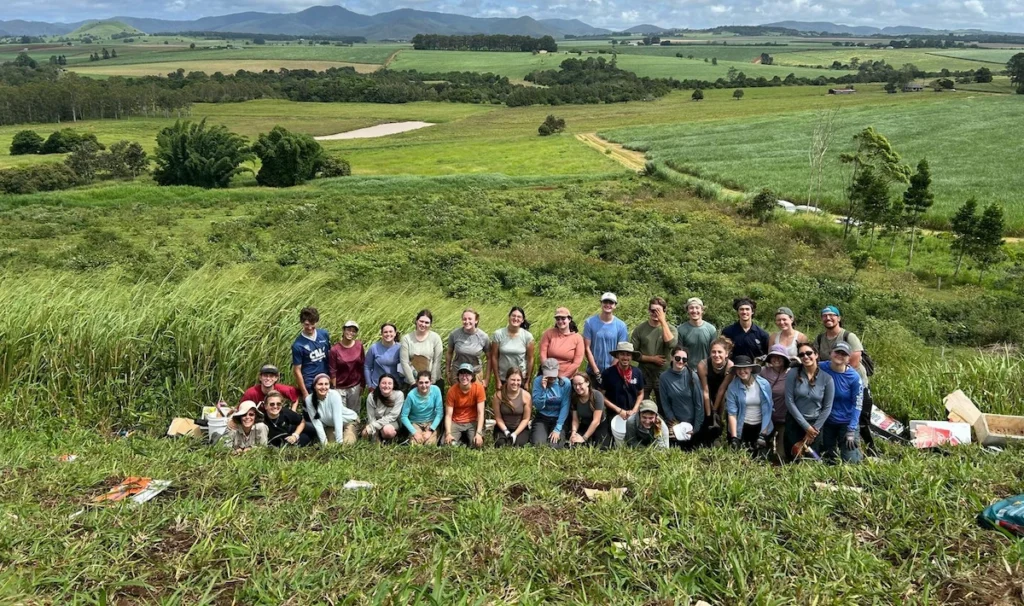
Cinder Cone Chronicles: Lessons from Drought, Data, and Determination
